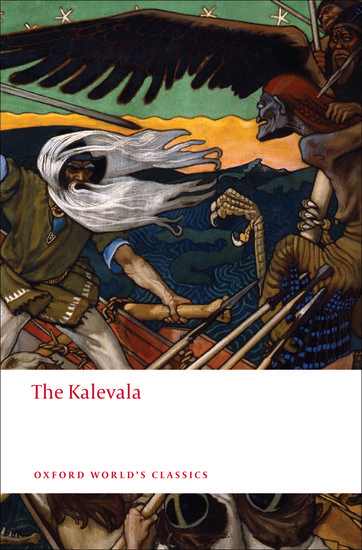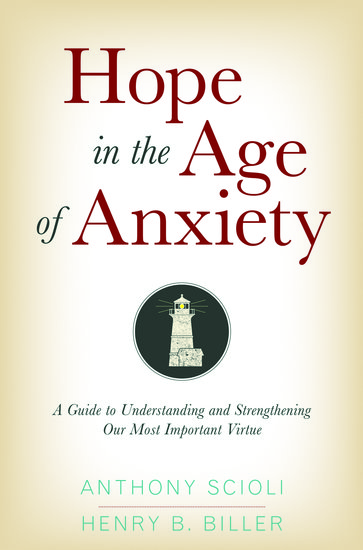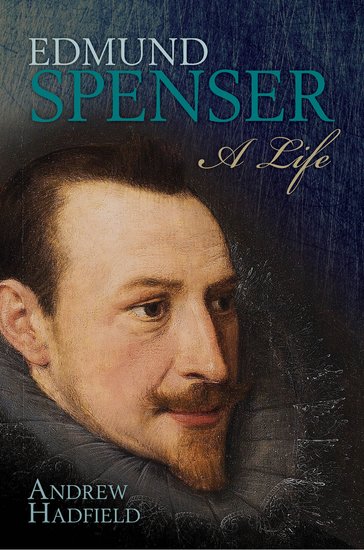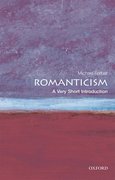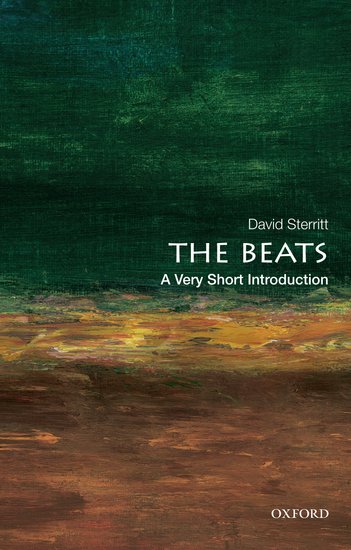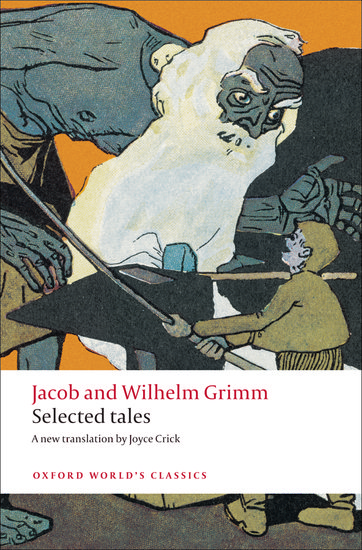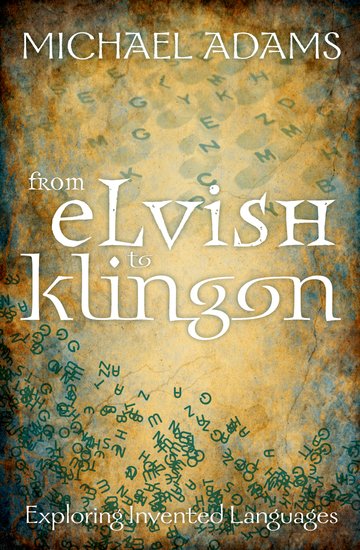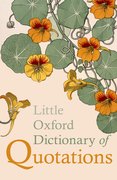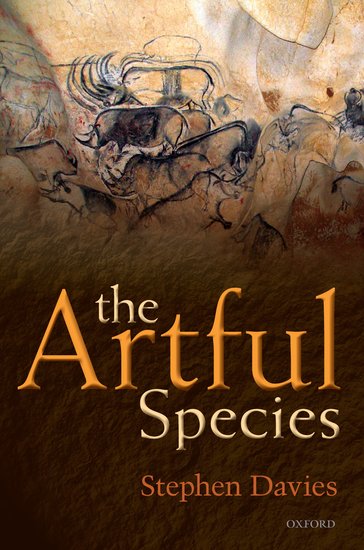Metre and alliteration in The Kalevala
By Keith Bosley
The Kalevala’s influence lies not only in Finnish history — such as its essential role in fostering a distinct sense of national cultural identity that resulted in its independence in 1917 following the Russian Revolution — but elsewhere too. One of the more famous examples may be found in J.R.R. Tolkien, who credited several aspects of the Finnish epic and the language as part of the inspiration behind The Lord of the Rings. Väinämöinen, the wise old sage, was a source of inspiration for the character of Gandalf, and Tolkien was rapt with excitement upon discovering a Finnish Grammar.

